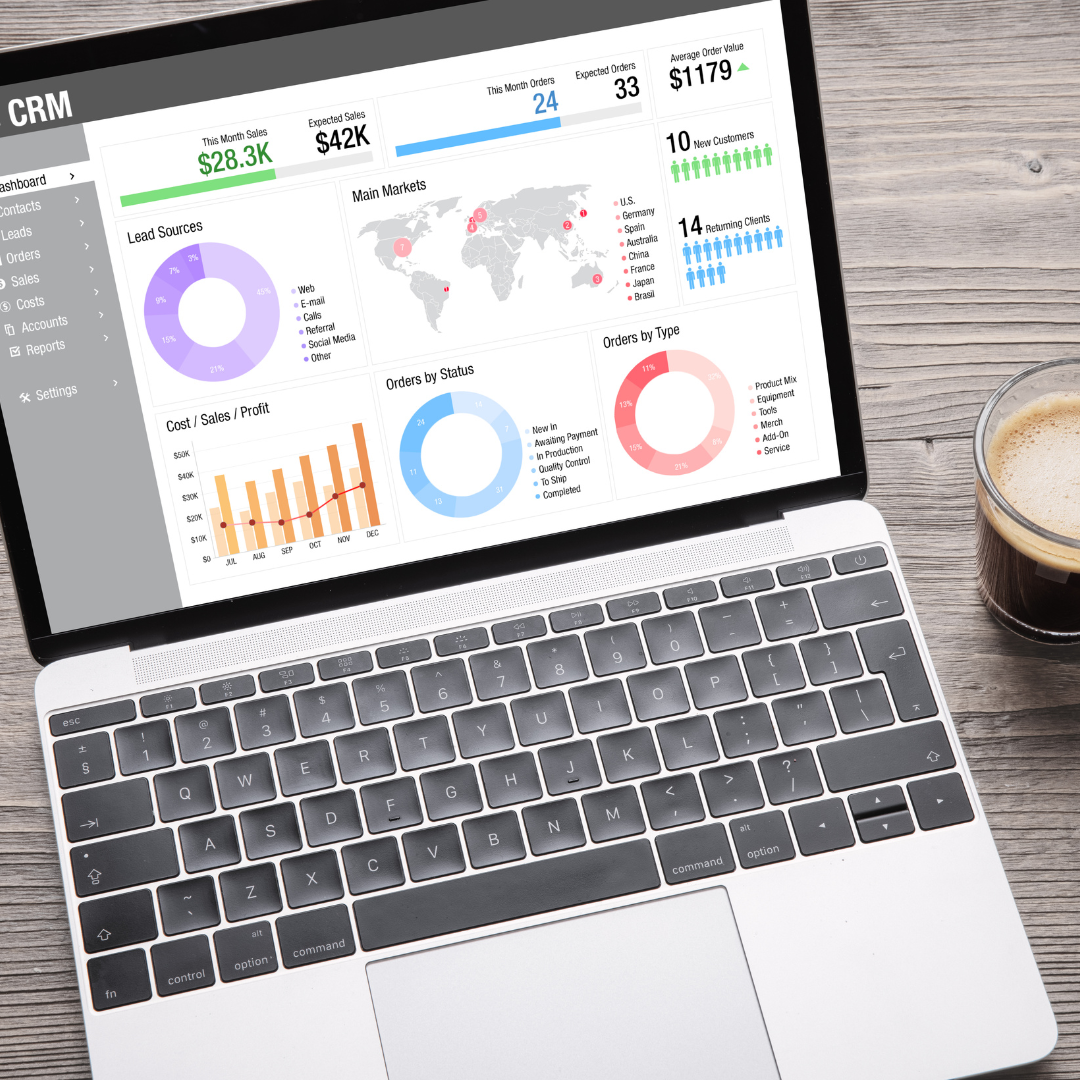Guide to Annual Reports for General Contractors in Florida
All general contractors in the state of Florida are required to file annual reports with the Secretary of State. Not doing so can result in harsh penalties. Here is your guide to everything you need to know about filing your annual reports in Florida.
Why File Annual Reports?
Because it’s the law. All Florida contractors are required to file an annual report between January 1 and May 1 of each year, though even the Secretary of State encourages early filing. This will prevent a lot of potential setbacks that could cost you.
What Happens if You’re Late?
There is a late fee for those who miss the May 1 deadline. This fee will cost you $400. You might also face reinstatement fees that could exceed $900, since the annual report is necessary for maintaining the active status of an LLC or corporation.
Nonprofits are not charged a late fee, but they may still face other penalties, such as administrative dissolution, which takes away the nonprofit’s rights, powers, and authority.
What if You Make a Mistake on Your Report?
You should triple-check every bit of information in the report. Unfortunately, once the report has been submitted, it cannot be changed or canceled. An inaccurate report can also result in expensive penalties. Make sure you sign and date the form, and confirm all information for all officers, directors, members, managers, trustees, and agents.
Where Does the Report Go To?
All annual reports are filed with the Florida Division of Corporations, part of the Florida Department of State.
How Much Will It Cost?
There is typically a filing fee that must be included with the report. Not including the fee could result in your report being labeled as “inaccurate,” which could result in penalties. The filing fee varies by entity:
- Nonprofits: $61.24
- LLCs (both foreign and domestic): $138.75
- Corporations (both foreign and domestic): $150
- Partnerships (including LPs and LLPs): $500
What if You’re a New Business? Do You Still Need to File?
Look at the date your business was formed (this should match the date that is registered with the Florida Division of Corporations. If that date falls within the year prior to the current tax year (or earlier), then yes, you need to file. If not, you may not need to file until next year. It’s best to check with a professional to make sure, though.
Let Us Help You with Your Annual Report Filing
Whether you are a nonprofit, LLC, corporation, or partnership, you will need to file your annual report every year or you will face stiff penalties. Contractors Reporting Services located in Tampa, Florida , can help you with all of these requirements and more. We will work with you in order to determine exactly what types of information you need, and we can even file the report for you with the Florida Division of Corporations. Get in touch with us now to get assistance from highly experienced, professionals who know exactly what to do in order to help you best.












